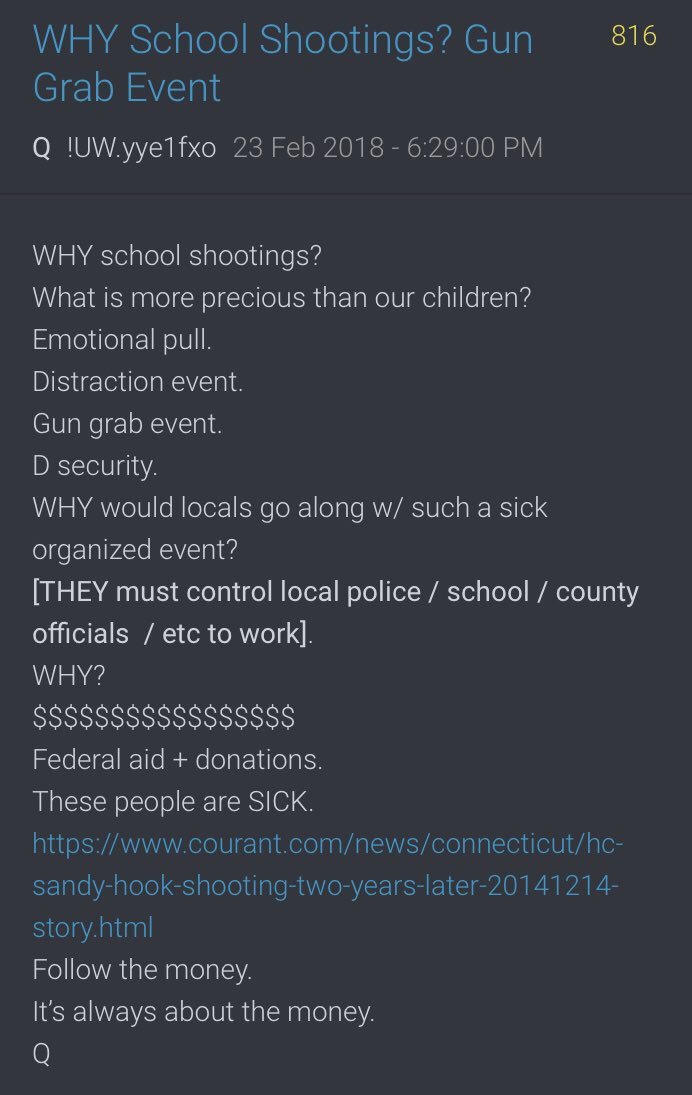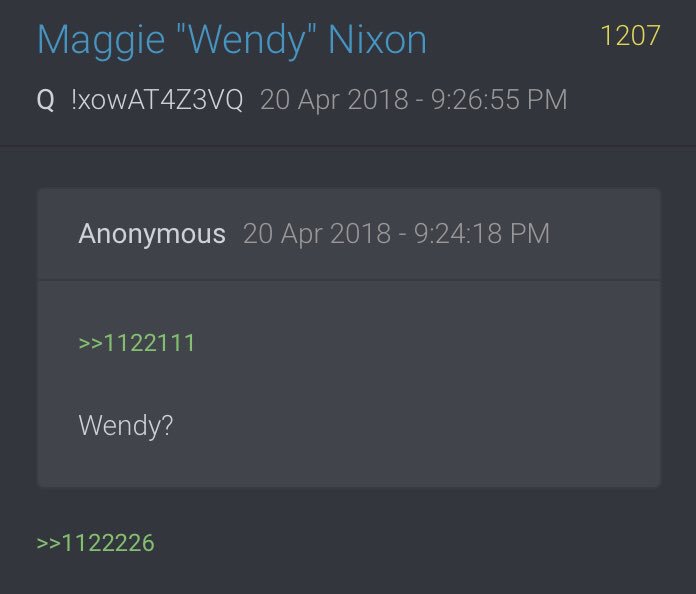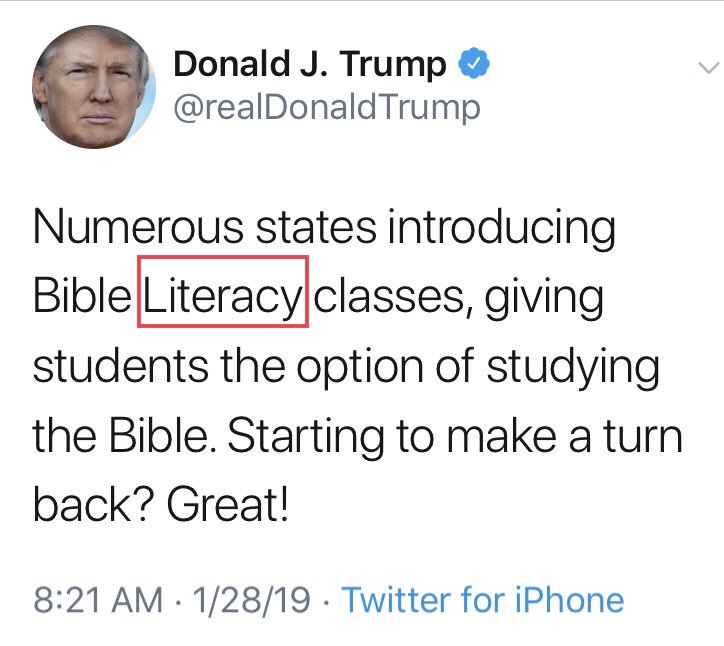theepochtimes.com/fbi-testimonie…
Asked how he first gained knowledge of the FBI’s intention to pursue a FISA on Page, Baker testified it came through his familiarity with the FBI’s investigation:
"I am talking about 2016 in the summer"
cc: @carterwpage
It is not known why McCabe and Yates both chose to insert themselves at an early stage into the Page FISA process.
She also said the FBI Director was allotted 20 minutes in which to review the entirety of the day’s FISA applications - not 20 minutes per FISA.
According to Baker, he had only read the “factual section” relating to probable cause, and had not read or reviewed any other section, including the Woods file.
Moyer said the FBI HQ SSA might choose to review the Woods file, but that was not done with the Page FISA.
Moyer said that the Woods file relating to the Page FISA had not been reviewed or audited by anyone.
When told that Bruce Ohr—who passed information from Steele & Simpson to the FBI—had informed the FBI that there was the potential for bias, Baker told investigators:
“I don't recall ever hearing that before just right now.”
Notably, to this day the Steele dossier remains unverified by the FBI.
However, Baker did not review any of the 3 renewals, telling investigators, “the machinery was moving and the renewals they had expiration dates and so on.”
A federal judge who would hear the FBI and DOJ arguments, questioning the process and the underlying evidence.
Except that never happened, and apparently it rarely does.
The DOJ also noted that according to experts at the DOJ’s Office of Intelligence, this “is typical in proceedings before the FISC.”
“These courses of action might include...determining that a hearing would be appropriate before deciding whether to grant the application.”
“In conjunction with its submission of a final application, the government has an opportunity to request a hearing, even if the judge did not otherwise intend to require one.”
Page had been a foreign policy advisor to the Trump campaign in the midst of a presidential election.
The FISA Court appears to have performed little better.
dni.gov/files/document…
"[Redacted] contractors had access to raw FISA information that went well beyond what was necessary to respond to the FBI’s requests."
"restrictions were not in place with regard to the [Redacted] contractors: their access was not limited to raw information for which the FBI sought assistance and access continued even after they had completed work in response to an FBI request."
“The Court is nonetheless concerned about the FBI’s apparent disregard of minimization rules and whether the FBI may be engaging in similar disclosures of raw Section 702 information that have not been reported.”
Nevertheless, a complete re-examination of the entire FISA system appears to be not only warranted, but perhaps necessary.
/End






















